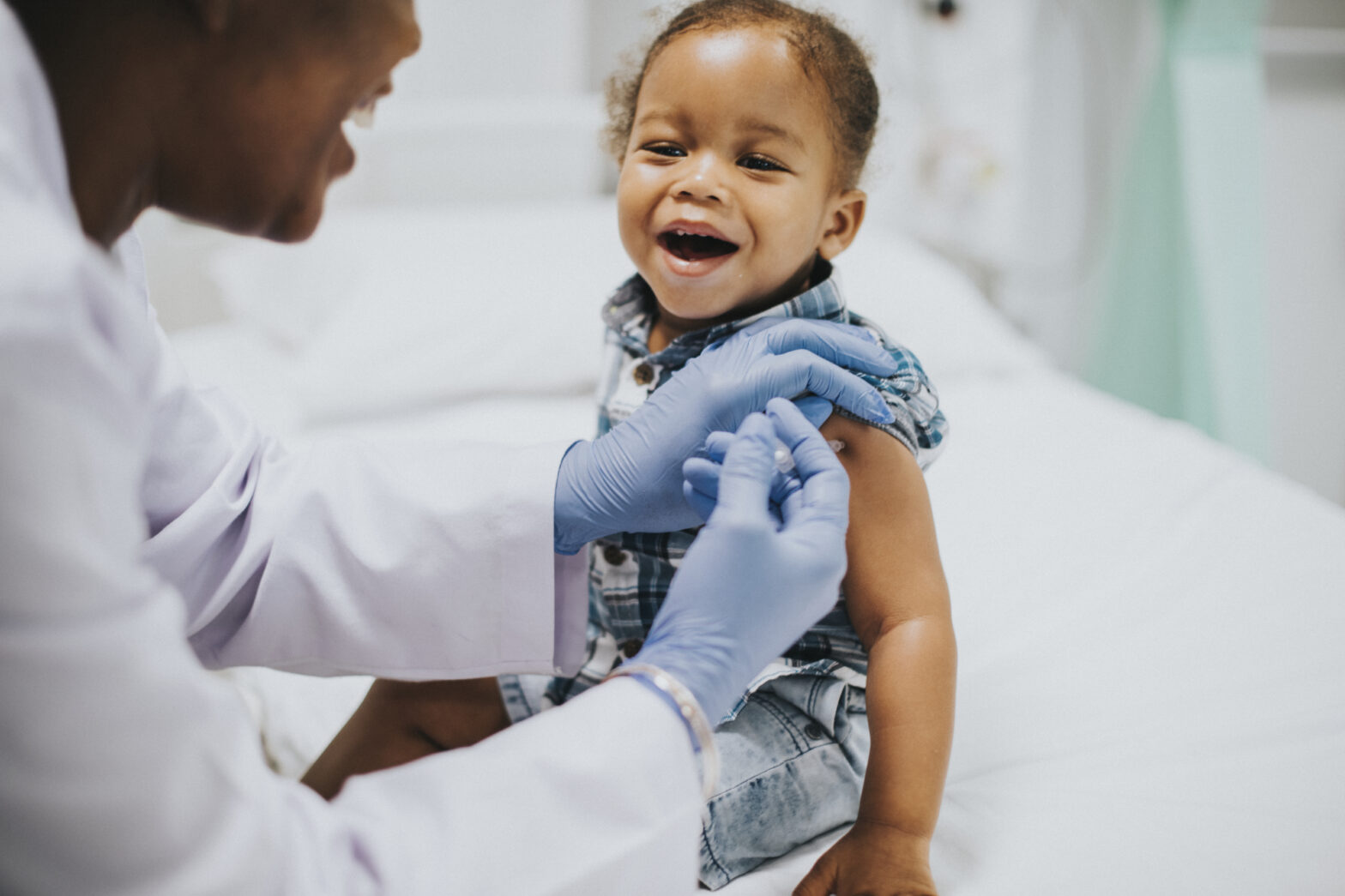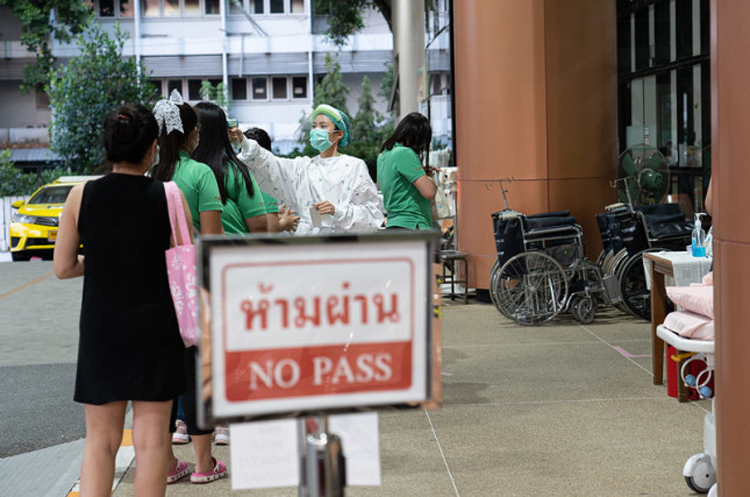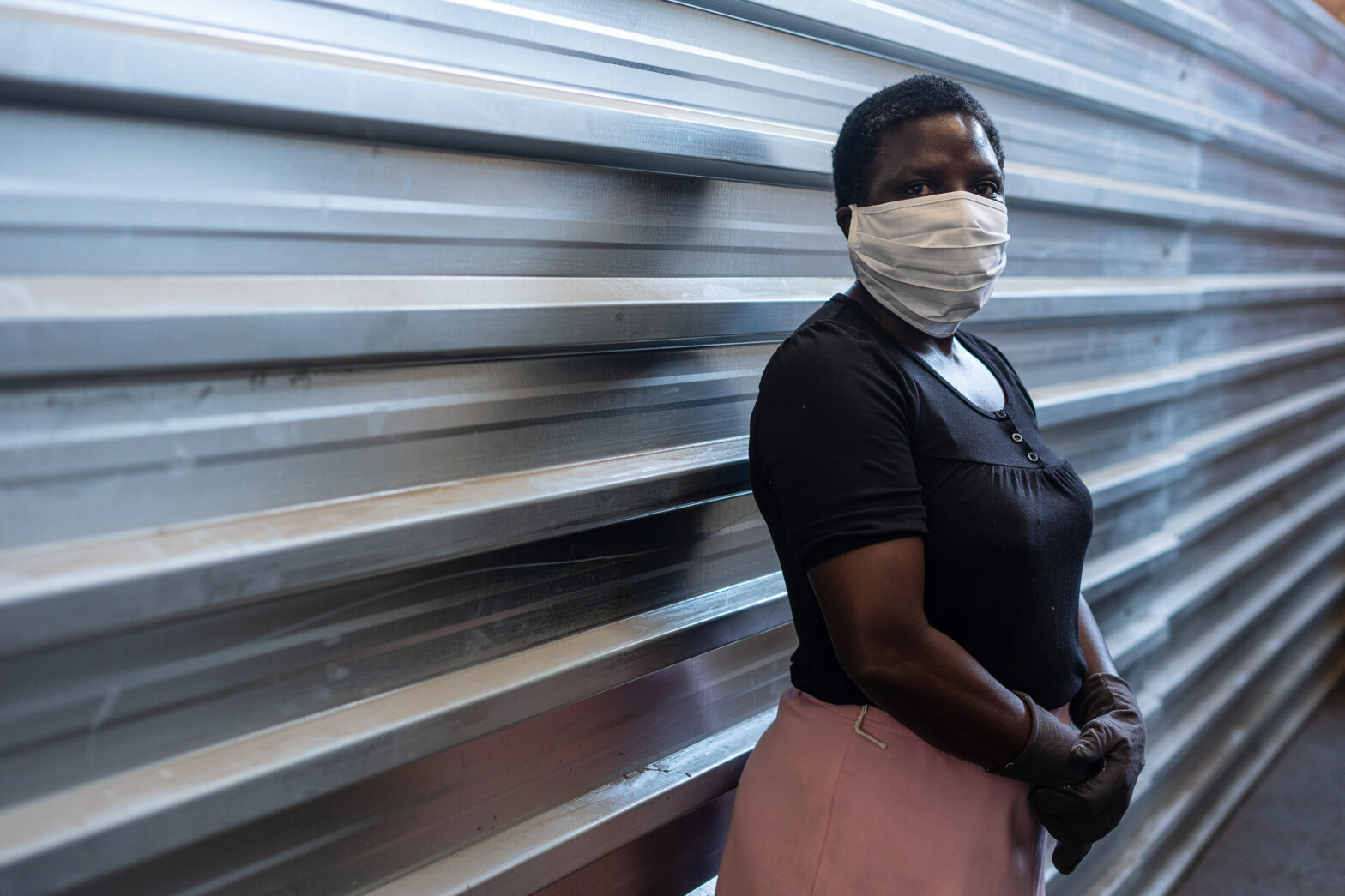The Honourable Karina Gould, Minister of International Development, announces $93.7 million in funding toward ensuring that every pregnancy is wanted, every birth is safe and every girl and woman is treated with the dignity and respect she deserves. A portion of this funding is part of the commitment announced by Prime Minister Justin Trudeau in June 2019.
Category: In the News
The Sexual and Reproductive Health of Adolescents and Young Adults During the COVID-19 Pandemic
In this viewpoint, potential immediate and longer term impacts of the COVID-19 pandemic on the SRH needs and behaviors of AYA are reviewed.
The negative impact of COVID‐19 on contraception and sexual and reproductive health: Could immediate postpartum LARCs be the solution?
The COVID‐19 pandemic has taken much of the world by surprise. With over 4 700 000 infections to date across 188 countries and more than 310 000 deaths worldwide over the course of just 5 months, we were remarkably unprepared.
Pandemic Preparedness: Strengthening Family Planning Policies Today to Secure Essential Services for Tomorrow
What does a favorable policy environment for FP/RH program look like? The policies need to be grounded in the premise that all citizens have a right to experience the highest attainable standard of health. They need to ensure that FP/RH policies translate into meaningful actions that support acceptable, accessible, available, and quality FP/RH services, and that the policies include benchmarks to ensure accountability. Such policies can be introduced and/or strengthened now to prepare for the future, to ensure FP/RH programs continue to serve clients during crises.
First-ever virtual training for healthcare professionals on providing life-saving services for women and girls during COVID-19 crisis
To ensure that women and girls continue to receive life-saving sexual and reproductive health services during the COVID-19 crisis, UNFPA Bangladesh is conducting its first-ever virtual training on the Minimum Initial Service Package (MISP) for health care professionals.
Rwanda to release 50 women jailed for having abortions
Activists welcome pardons, but call for relaxation of abortion laws and an end to punitive measures such as life sentences
DKT Liberia innovates its actions to mitigate COVID-19 impact on access to Family Planning
DKT launched an SOS hotline for pregnant women and women who need assistance and identifying maternal health or Family Planning service providers.We rolled out a phone survey to identify healthcare providers willing to remain open and offered special promotions for Family Planning coupled with a phone survey reaching out to DKT potential clients previously recruited in communities.
Health workers and U.N. agency raise alarm that women and girls are losing access to crucial care as pandemic drags on
As coronavirus lockdowns continue to restrict movement around the world, Shoniwa and others working on family planning initiatives in developing countries have found female patients facing an uncomfortable paradox: The measures intended to keep them safe from the pandemic could have dangerous long-term impacts on their health.
Maternal health services take a hit amid global lockdown
With lockdown measures beginning to ease, activists across the global south are finally able to begin gauging the impact of the restrictions on maternal health, even as they move quickly to prevent any long-term damage.
COVID-19 is endangering the safety of women and girls by cutting off access to contraceptive care
Reproductive freedom is not a reality for many women across the globe. For too many women, access to quality family planning still depends on where they live and how much money they make.









